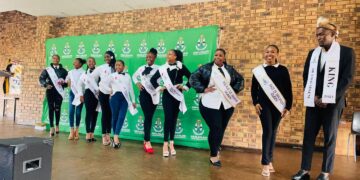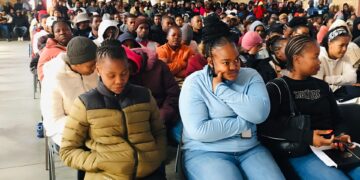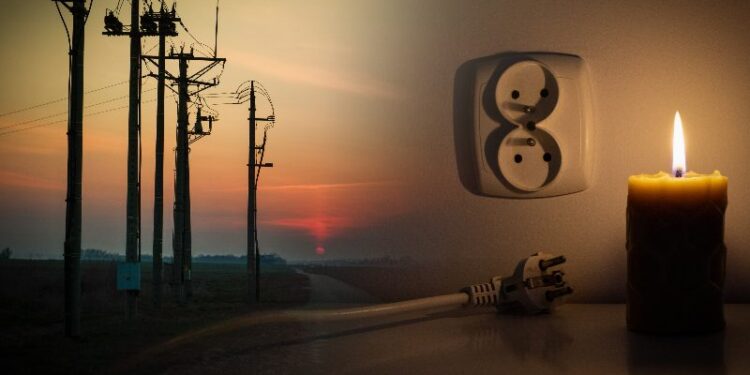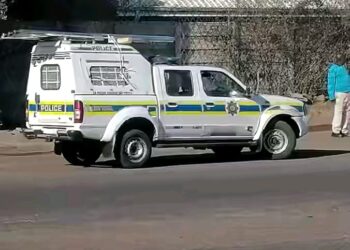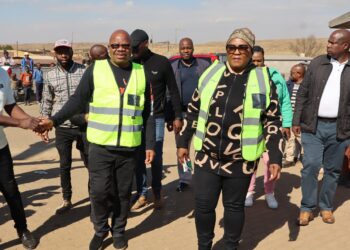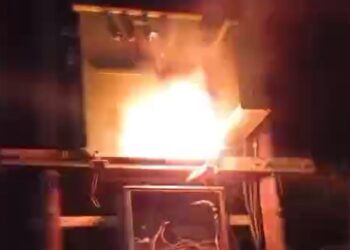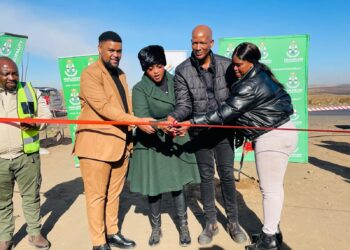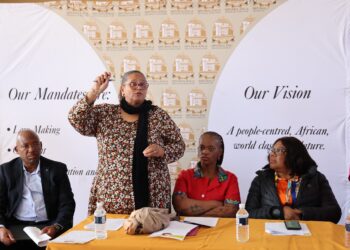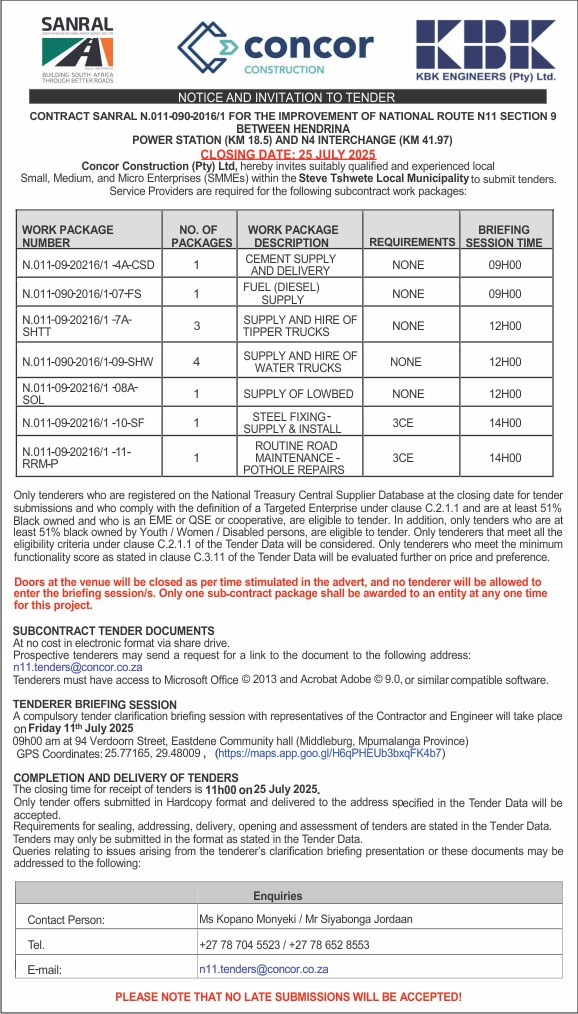MPUMALANGA – The South African Human Rights Commission (SAHRC) will be convening a national investigative inquiry into the impact of load reduction on human rights.
This follows a media statement released by Eskom on January 31, announcing that load shedding would resume after more than 10 months of uninterrupted electricity supply due to the success of the Generation Recovery Plan.
“While South Africa is experiencing a reprieve from load shedding, load reduction is seemingly on the rise, particularly in poor and historically disadvantaged communities. Concerns have also been raised about the impact of load reduction on human rights more broadly, particularly the rights to life, equality, and human dignity, as well as access to basic education and healthcare services, amongst others,” said Wisani Baloyi of SAHRC.
The SAHRC stated that the objectives of the national investigative inquiry are to assess the legal, policy, and practical justifications of load reduction from a human rights perspective. The inquiry will also evaluate the extent of load reduction in South Africa, analyse the demographics of the communities disproportionately impacted, and assess its overall impact on affected communities. Furthermore, the Commission aims to evaluate the effects of load reduction on human rights, particularly the rights to equality, human dignity, access to basic services, education, healthcare, and life. The inquiry will also determine whether there are adequate measures in place to mitigate the effects of load reduction and will make recommendations and directives based on the findings.
Paulina Msiza from Matjhiding, in the Dr JS Moroka Municipality, said she was disappointed when she heard that load shedding was returning. She immediately made arrangements to buy gas for her stove to ensure her family would not go to bed hungry or take cold baths.
“Life without load shedding is easy, but life with load shedding is hard. You have to buy both gas and electricity. What’s worse is that when there is load shedding, and you are left with 20 units on the meter, when the lights come back, the units are no longer the same,” said Msiza.
As part of the inquiry, the Commission invites submissions from members of the public, civil society organisations, policy and energy experts, and representatives from government departments, including education, health, and the South African Police Service (SAPS), as well as Eskom, the National Energy Regulator of South Africa (NERSA), and the Minister of Electricity, amongst others.
The investigative inquiry is scheduled to take place on February 3,4, and 18, 2025 at The Capital on Empire, 177 Empire Place, Sandhurst, Sandton, starting at 09:00 each day.









